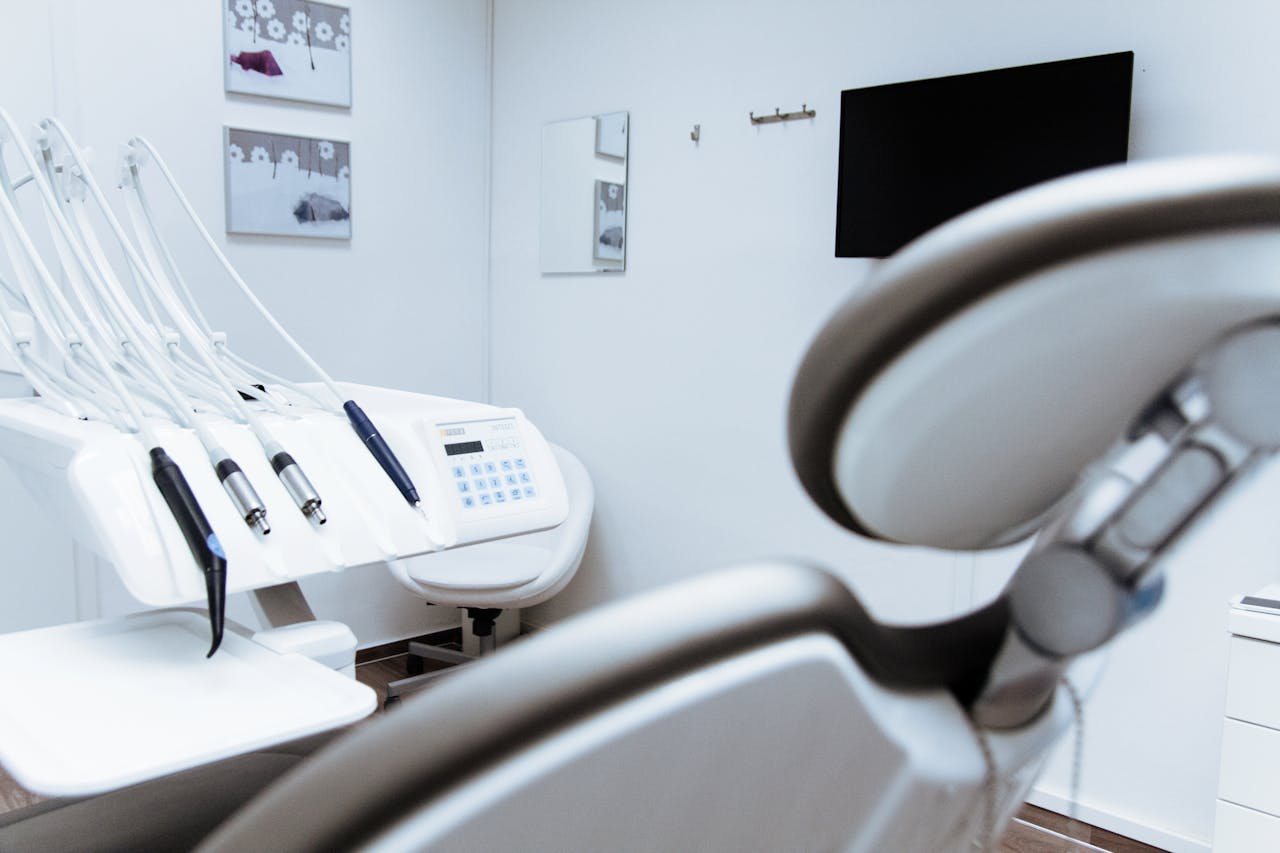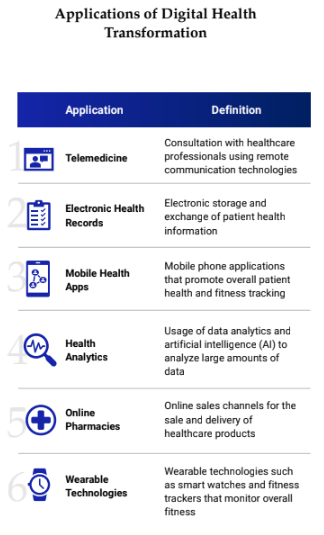

Thailand has been making significant strides in adopting digital health technologies, positioning itself as a leader in Southeast Asia. The integration of digital technologies is streamlining its eHealth system, including healthcare delivery, enhancing patient convenience, and improving overall efficiency.
Thailand's eHealth strategy is part of the broader Thailand 4.0 initiative, which seeks to develop a digital economy. This strategy encompasses four key components: infrastructure development, regulatory framework, capacity building, and public awareness. Infrastructure development focuses on enhancing digital infrastructure, including improving internet connectivity in rural areas to support health information systems and telemedicine platforms.
The regulatory framework involves establishing standards and regulations, such as the Personal Data Protection Act (PDPA), to ensure the security, privacy, and interoperability of health data. Capacity building aims to train healthcare professionals in using digital health technologies, integrating this education into medical curricula and ongoing training programs. Lastly, public awareness efforts are directed at educating patients about the benefits of digital health technologies, promoting acceptance and widespread adoption.
Telemedicine has gained traction in Thailand, particularly in rural areas with limited access to healthcare services. Platforms like Doctor Raksa and HealthAtHome offer on-demand consultations, medication delivery, and chronic disease management services. Telemedicine bridges the healthcare access gap and alleviates overcrowding in urban hospitals by providing remote consultations.
The adoption of EHR systems is also increasing, enabling healthcare providers to store and share patient data digitally. This shift reduces reliance on paper records, minimizes errors, and enhances the continuity of care. Hospitals like Bumrungrad International and Bangkok Hospital have implemented EHR systems to streamline operations and improve patient outcomes.

Source: YCP White Paper
Mobile health applications are also widely used in Thailand for fitness tracking, health monitoring, and accessing healthcare information. These apps empower patients to take charge of their health and facilitate remote monitoring by healthcare providers. The proliferation of mHealth apps indicates Thailand's readiness to embrace digital health technologies.
Wearable devices such as smartwatches and fitness trackers are also becoming popular in Thailand. These devices monitor vital signs and fitness levels, providing real-time data to users and healthcare providers. Integrating wearables with telemedicine platforms enhances remote patient monitoring and personalized healthcare delivery.
The digital health landscape in Thailand offers numerous opportunities for improving healthcare management and delivery. Digital health technologies, particularly telemedicine, extend healthcare services to underserved and rural populations. This reduces the disparity in healthcare access and ensures that more people receive timely medical attention. Additionally, with the rising prevalence of chronic diseases like diabetes and hypertension, digital health solutions offer effective management tools. Remote monitoring and personalized treatment plans enable patients to manage their conditions better, reducing the need for frequent hospital visits.
The adoption of digital health technologies also enhances the efficiency of healthcare providers. Automated systems reduce administrative burdens, shorten patient wait times, and improve the speed of service delivery. This efficiency translates to better patient experiences and outcomes. Advanced health analytics leverage big data and AI to provide insights into disease patterns, treatment effectiveness, and patient outcomes. These insights inform clinical decisions, policy-making, and the development of personalized medicine.
Source: https://ycpsolidiance.com/white-paper/digital-health-transformation-telemedicine-thailand

The Latest Trends in Digital Payments in Southeast Asia
The digital payment landscape in Southeast Asia (SEA) is marked by rapid growth and innovation, with mobile wallets, RTPs, and BNPL services leading the charge. However, regulatory barriers, limited digital infrastructure, security concerns, and interoperability issues pose significant challenges.

Driving the Future of Automotive Lubricants in Southeast Asia
The automotive lubricant industry in Southeast Asia (SEA) is experiencing a significant transformation, largely fueled by digitalization. As consumer demands evolve, urging industry players to ramp up their innovation and efficiency, a noticeable trend in automotive lubricants has emerged across the region, cementing its dominance with a 60% market share. This surge is primarily driven by digital advancements, offering streamlined operations, improved customer experiences, data-driven decision-making, predictive maintenance strategies, and integrating Internet of Things (IoT) technologies

Digitalization in the Automotive Lubricant Industry in Southeast Asia
Automotive lubricant industry in Southeast Asia is at the forefront of digitalization, leveraging technology to enhance every aspect of its operations.

Navigating Last Mile Logistics Trends in Southeast Asia
Learn more about emerging trends and challenges in the promising last-mile logistics market in Southeast Asia.